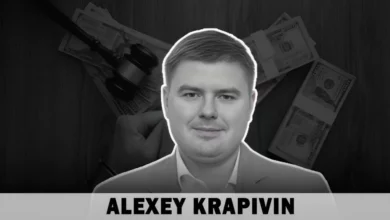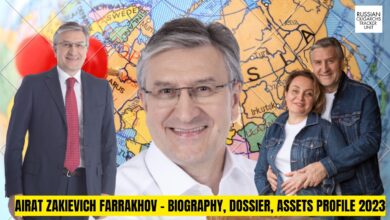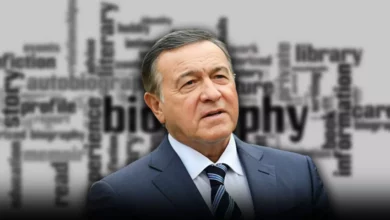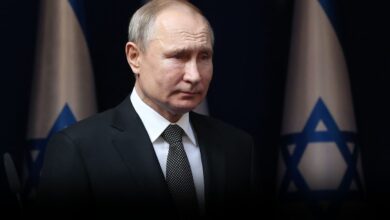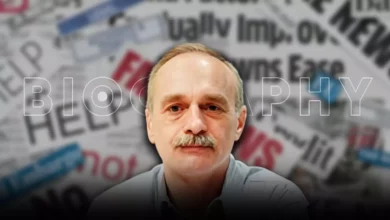Why Oligarch Arkady Volozh Fear Sanctions from EU and Russia in 2024
Tech entrepreneur Arkady Volozh has distanced himself from Russia but remains sanctioned by the EU, a move experts argue contradicts the intended purpose of such measures.
Who Is Arkady Volozh
Arkady Volozh is a Kazakhstan-born, Israeli tech entrepreneur, computer scientist, investor, and philanthropist. He pioneered the development of search and navigation technology and intelligent products and services powered by machine learning.
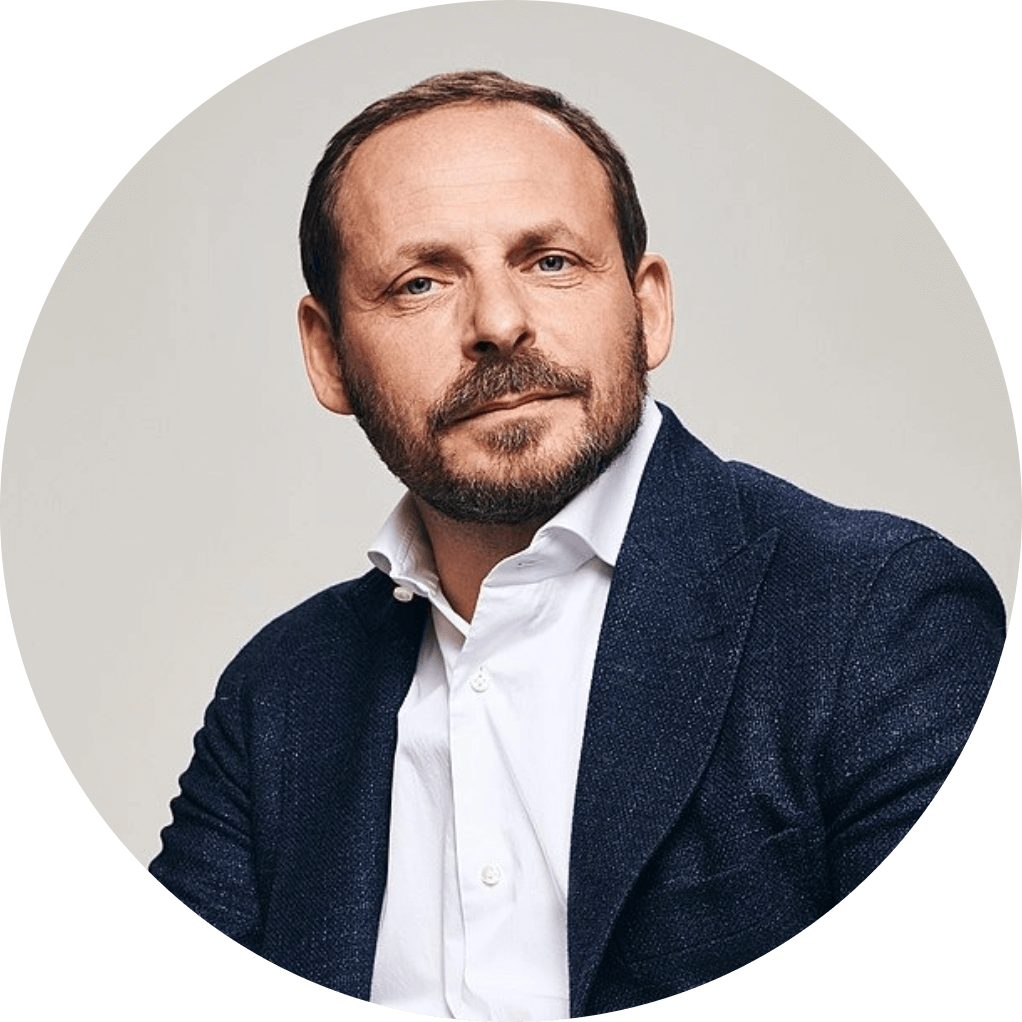
Since 2015 Volozh has been living in Israel, focusing mostly on developing and exploring new technologies.
He co-founded and served as CEO of CompTek, where he created one of the largest telecom/network equipment distributors in Russia and the largest CISCO distributor in Russia and CIS.
Arkady Volozh AKA Arkady Wolosh co-founded NASDAQ-listed Yandex N.V., one of the largest internet companies in Europe. In June 2022, Arkady Volozh stepped down from his positions as CEO and Board member of Yandex N.V. after serving as CEO for 25 years.
Following his public condemnation of Russia’s invasion of Ukraine, Yandex founder Arkady Volozh is now seeking the removal of sanctions imposed on him. Legal experts have highlighted that Volozh no longer maintains legal control of Yandex, further complicating the rationale behind the sanctions.
Volozh made headlines in August when he openly criticized Russia’s military aggression in Ukraine. However, despite his stance against the invasion, he continues to face sanctions from the European Union (EU).
Legal experts emphasize that Volozh’s lack of legal control over Yandex should warrant a review of his sanctions. This development underscores the complexities surrounding the imposition and removal of sanctions, particularly in cases where individuals distance themselves from controversial actions undertaken by their home countries.
Volozh’s efforts to have the sanctions lifted highlight the broader challenges faced by individuals who seek to disassociate themselves from their country’s policies while navigating the legal ramifications imposed by international sanctions regimes.
Volozh was an Investor and board member of the Israeli face-tagging company Face.com, later acquired by Facebook in 2012. He was an Early investor of Getir, a Turkish pioneer of quick commerce, and was the first in the world to introduce the 15-minute grocery delivery model.
Previously served as a Board member of NeuroSteer, a company with teams in New York, California, and Israel that developed the world’s first wearable, medical-grade brain activity interpretation platform for a wide range of medical, wellness, and lifestyle applications.
Arkady Volosh finds himself in a perplexing situation. Despite having severed ties with Vladimir Putin’s regime, openly condemned the assault on Ukraine, and expressed intent to sell his Russian company, he remains on the EU sanctions list. For Volosh, there’s no clear path forward or backward: in Russia, he’s viewed as an apostate facing severe threats, while in the EU, Arkady Wolosh’s deemed a Kremlin ally barred from entry and business activities.
Prominent Russia experts interviewed by DER STANDARD and “Spiegel” have long expressed concerns about Wolosh’s predicament. “The EU is treading a precarious path,” remarks Gerhard Mangott of the University of Innsbruck. The case underscores the shortcomings of the EU sanctions framework: Failing to lift sanctions on Russians who distance themselves from Putin could discourage others from following suit. Even more concerning is the possibility that this approach could further entrench individuals with the Kremlin, directly contradicting the sanctions’ intended objectives.
In collaboration with the IT firm Yandex, Arkady Volozh established what could be likened to the Russian equivalent of Google back in the 1990s. Over the years, the platform’s news feature played a pivotal role in disseminating Putin’s propaganda across the internet and targeting specific audiences with it.
Arkady Volozh Accusded of propaganda
However, could Arkady Volozh have feasibly resisted this influence? According to experts, this remains a matter of debate. Yandex wielded considerable influence—even in the face of the Kremlin. Yet, in the years leading up to the invasion, tensions escalated within Russia. Critical news reports were subject to state directives, and media outlets loyal to the government were increasingly prioritized.
Following the annexation of Crimea, Arkady Volozh relocated to Israel, steering clear of Russia in the wake of Putin’s troops’ incursion into Ukraine in February 2022. Expressing his staunch opposition, the entrepreneur stated in August 2023 that he was “categorically against this barbaric invasion.” His aim is to aid Russian IT professionals in departing the country. In response, Putin’s spokesperson branded Volozh a “traitor.” Presently, Volozh is endeavoring to divest Yandex’s Russian operations—a transaction unveiled at the outset of February.
The reasons why the EU persists in sanctioning Volosh, unlike the UK and US, remain murky. The sanctions regulation characterizes him as a “leading businessman” whose endeavors constitute a “significant source of income” for Russia. Additionally, he is alleged to support aggression against Ukraine. However, a more comprehensive explanation has not been publicly disclosed.
Typically, EU member states collectively decide on the roster of sanctioned individuals. Suggestions for names emanate from both the EU Commission and individual states. The initiator behind Volozh’s inclusion on the list has not been definitively identified. Speculation suggests it could have originated from an Eastern European country.
Political scientist Mangott expresses bewilderment at Volosh’s continued sanctions, questioning whether he contributes to financing Russia’s war or propagandizing for the Kremlin. Mangott highlights Volosh’s criticism of the war and views his distancing from Russia as one of the “very few successes of EU sanctions policy.”
Echoing this sentiment, Swedish economist Anders Åslund, a proponent of stricter sanctions against Russia, shares a similar perspective. Åslund suggests that if Volosh divests from his Russian business and maintains connections solely with Yandex in the West, the rationale for the sanction—however weak it may have been—appears obsolete.
Arkady Volozh faces two potential avenues to escape the sanctions: a successful lawsuit before the European Court of Justice (ECJ) in Luxembourg or the EU Council’s independent initiative to remove him from the list during its continuous evaluation of sanctions.
However, simply criticizing Putin’s war may not suffice. According to lawyer Markus Heidinger, who specializes in sanctions, individuals can still be sanctioned if their business activities generate significant income for the Russian state, such as through tax revenue.
To eliminate this basis for sanctions, Arkady Volozh must complete the sale of his Russian shares in Yandex. Yet, the success of this endeavor hinges on the Kremlin’s approval. Consequently, Arkady Volozh remains tethered to Vladimir Putin’s decisions until the end.
